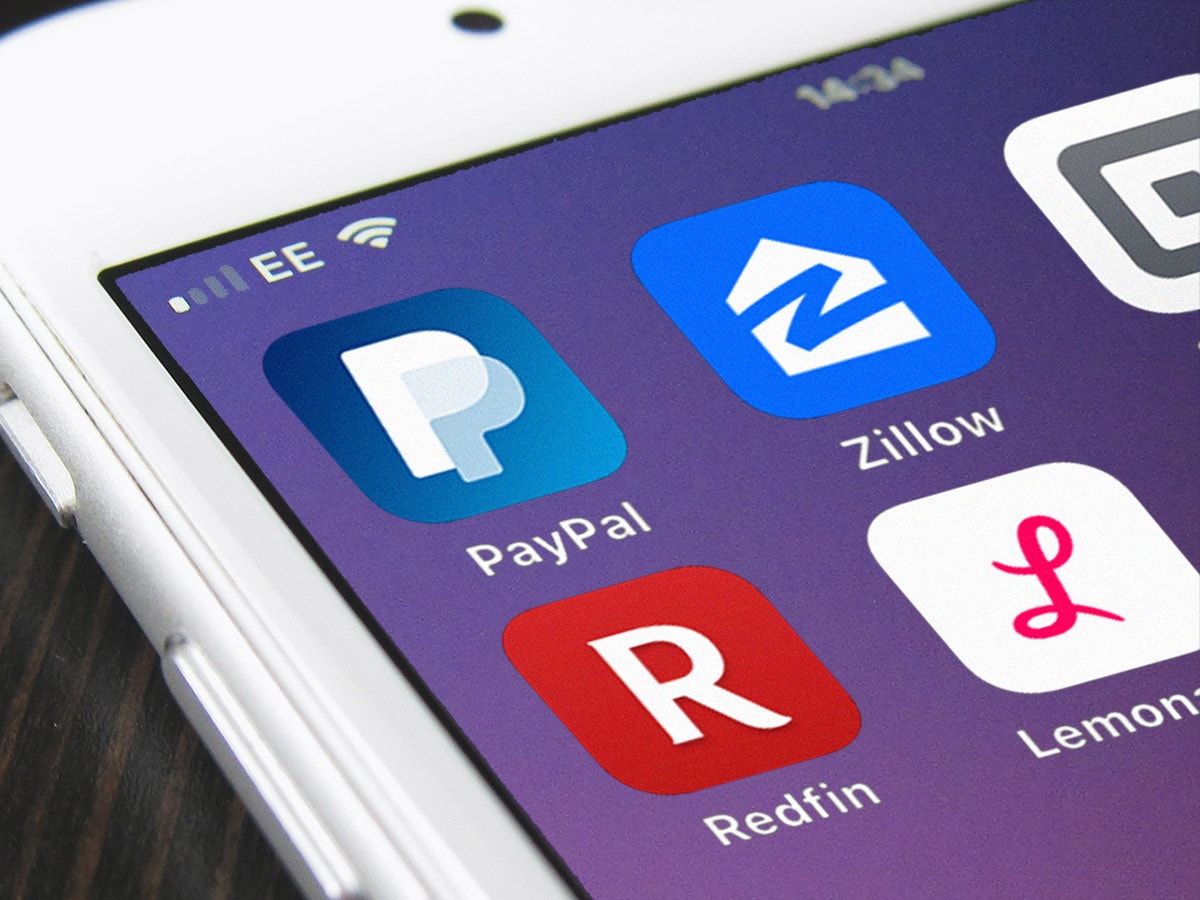The fintech theme continues to evolve and see strong growth opportunities around the globe.
With the recent SPAC revolution, there are a lot of new names coming public with fintech exposure. We are seeing a lot of digital insurance providers come public like Lemonade [LMND] and Select-Quote [SLQT]. The “Buy Now Pay Later” theme is another one to integrate into this basket with Affirm [AFRM] a lead player recently coming public. Upstart [UPST] also came public, an operator of an artificial-intelligence-based lending platform.
In the first six weeks of 2021, we have seen bifurcated performance across the JK FinTech Signature Sharebasket — available to trade exclusively on CMC Markets — with the more traditional payment names lagging due to lockdowns and weakness in cross-border payments and international travel. That said, there are likely strong opportunities to outperform in the second half of 2021.
On the more positive side of things, the ecommerce driven payment leaders like Square [SQ] and PayPal [PYPL] have risen sharply to start the year boosted by strong volumes as well as exposure to the growing theme of digital currencies.
Blockchain and digital currency is an additional theme to integrate within this basket at the quarterly rebalance, with several intriguing growth companies participating in this theme that is in its nascent stages. The digital real estate components in this basket, led by Zillow [Z] and Redfin [RDFN] have climbed 30% year to date with the massive market still in the early stages of moving digital while having a very strong housing market backdrop.
30%
YTD growth of the digital real estate components in the FinTech basket
We are also seeing the iBuyer theme with momentum with OpenDoor [OPEN] a new company that came public. We also saw M&A with S&P Global [SPGI] in December announcing a transformational $44bn deal to acquire IHS Markit [INFO]. The exchange stocks have lagged in the lower volatility environment but continue to make small bolt-on acquisitions building out the higher margin data & analytic businesses. MarketAxess [MKTX] reported a very strong quarter as the move to electronic bond trading continues to gain momentum. Model-N [MODN] is a top performer in this basket as a revenue management software provider to the life sciences industry. It posted very strong numbers.
Some highlights from recent earnings reports across the group:
MarketAxess’ market share gains in core products fuelled a 32% year-over-year increase in revenue and a 51% increase in operating income. The company discussed its fee capture and growth in the high-yield market:
“One is the huge increase in high-yield market share this year to levels that have been over 17% of the market last couple of months, up from 9.5% or 10% a year ago,” the company said. “It took us 19 years to get the first 9.5% and 1 year to get the next 8%. So that's just been a phenomenal story. And as you know, high-yield fee capture is one of the highest fee capture products we have.”
PayPal [PYPL] has also discussed its move into cryptocurrency. “We also saw an exceptional response from our crypto launch. Even with high initial expectations, the volume of crypto traded on our platform greatly exceeded our projections,” said Dan Schulman, CEO of PayPal.
“We also saw an exceptional response from our crypto launch. Even with high initial expectations, the volume of crypto traded on our platform greatly exceeded our projections” - Dan Schulman, CEO of PayPal
“These initial steps are just the beginning of an extensive road map around crypto, blockchain and digital currencies. We are already working with the regulators and central banks to reimagine and shape the next-generation of the financial system, as consumers no longer want to handle cash. We all know the current financial system is antiquated. And we can envision a future where transactions are completed in seconds not days, a future where transactions should be less expensive to complete and a future that enables all people to be part of the digital economy, not just the affluent.”
BlackRock [BLK] noted the success of its active ETF launches and alternative demand.
“BlackRock's institutional active franchise generated $32bn of net inflows in 2020, reflecting broad-based strength across all product categories. Active net inflows were led by $14bn of multi-asset net inflows, reflecting continued growth in our LifePath target date franchise and significant momentum in our OCIO business,” said Gary Shedlin, CFO of BlackRock.
“We also generated $7bn of net inflows in active fixed income, primarily from activity among our insurance clients. Across retail and institutional client types, we generated a record $30bn of active net equity net inflows for the year and have now delivered seven consecutive quarters of positive flows in this category. Flows were led by top-performing franchises in technology, health sciences and US growth equities as well as quantitative strategies,” he continued.
“Across retail and institutional client types, we generated a record $30bn of active net equity net inflows for the year and have now delivered seven consecutive quarters of positive flows in this category. Flows were led by top-performing franchises in technology, health sciences and US growth equities as well as quantitative strategies” - Gary Shedlin, CFO of BlackRock
“We remain well positioned for future growth in our active businesses with over 85% of fundamental active equity, systematic active equity and taxable fixed income assets performing above their respective benchmark's work peer medians for the trailing five-year period. Overall demand for alternatives also continued, with $17bn of net inflows into our illiquid and liquid alternative strategies during the year driven by infrastructure, private equity solutions, credit and our multi-strat and global event-driven hedge funds. Momentum in fundraising remains strong, and we have approximately $24bn of committed capital to deploy for institutional clients in a variety of strategies, representing a significant source of future base and performance fees,” Shedlin said.
In summary, as we move through the first quarter, the underlying strength of fintech themes continues to gain strength with payments, digital currency, digital insurance, lending and investing platforms, and real estate digitisation leading the way.
Commentary across the group has been positive, and trends continue to suggest a massive opportunity to disrupt all aspects of the financial sector and its legacy service providers.
Continue reading for FREE
- Includes free newsletter updates, unsubscribe anytime. Privacy policy






